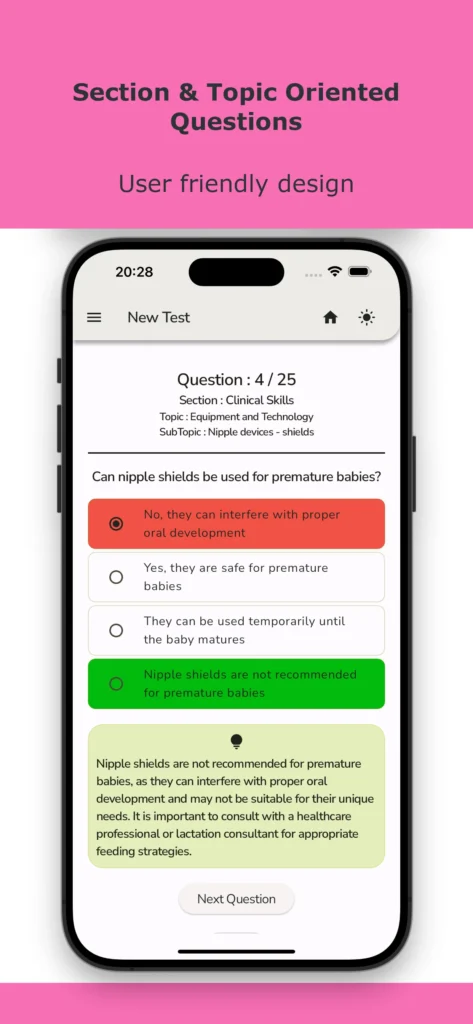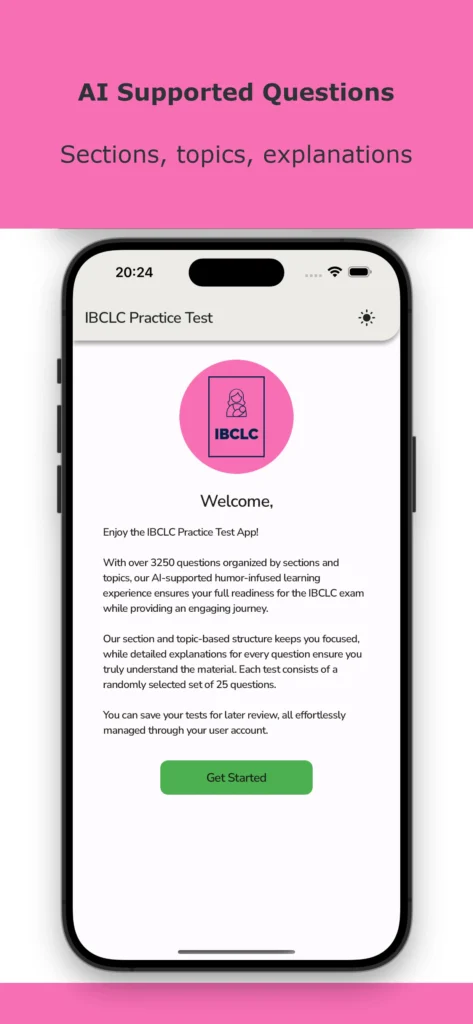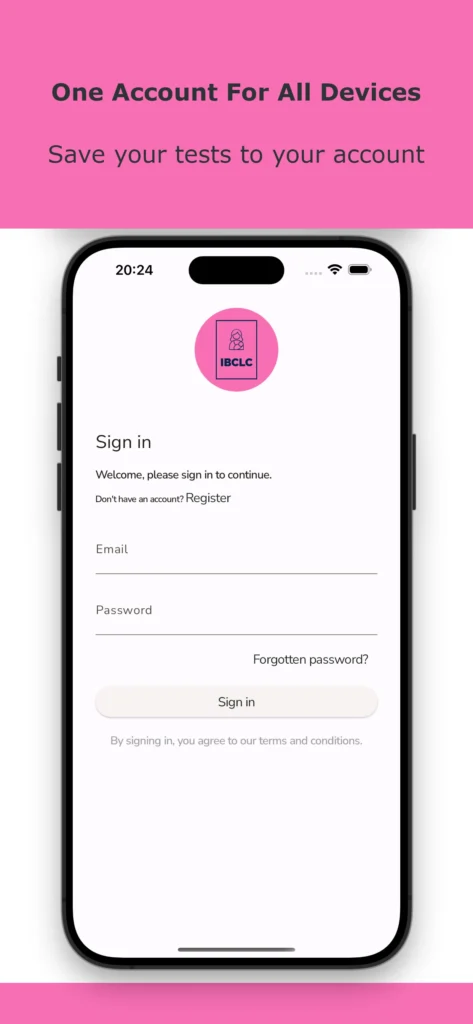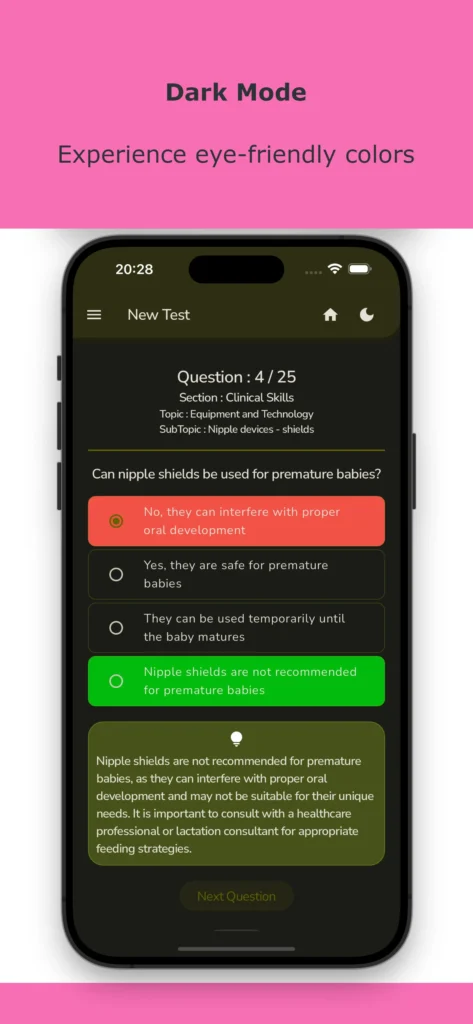Introduction to IBCLC Training
What is IBCLC Training?
IBCLC training refers to the education and certification process required to become an International Board Certified Lactation Consultant (IBCLC). An IBCLC is a healthcare professional who specializes in providing expert lactation support and guidance to breastfeeding families.
IBCLC training is a comprehensive program that equips individuals with the knowledge and skills necessary to assist and empower breastfeeding parents. It covers a wide range of topics, including anatomy and physiology of lactation, breastfeeding management, infant feeding issues, and counseling techniques.
Why Pursue IBCLC Training?
There are several reasons why individuals choose to pursue IBCLC training:
- Passion for Supporting Breastfeeding Families: Many individuals are drawn to the field of lactation consulting because of their passion for supporting breastfeeding families and helping them overcome challenges.
- Career Opportunities: Becoming an IBCLC opens up a range of career opportunities. IBCLCs can work in hospitals, clinics, private practice, or community settings.
- Personal Fulfillment: Helping families navigate their breastfeeding journey and witnessing the positive impact of your support can be incredibly fulfilling on a personal level.
Types of IBCLC Training Programs
IBCLC training programs are offered in various formats to accommodate different learning styles and preferences. Some common types of IBCLC training programs include:
- In-Person Training: These programs are conducted in a classroom setting, allowing for hands-on learning and interaction with instructors and fellow students.
- Online Training: Online IBCLC training programs provide flexibility and convenience, allowing individuals to complete the coursework at their own pace.
- Combination Training: Some programs offer a combination of in-person and online components, providing a blended learning experience.
Choosing the Right IBCLC Training Program
When selecting an IBCLC training program, it’s important to consider the following factors:
- Accreditation: Ensure that the program is accredited by a recognized accrediting body, such as the International Board of Lactation Consultant Examiners (IBLCE).
- Curriculum: Review the curriculum to ensure that it covers all the necessary topics and meets your learning objectives.
- Faculty: Research the qualifications and experience of the program’s faculty members to ensure they are knowledgeable and experienced in the field of lactation.
- Support and Resources: Look for programs that offer comprehensive support and resources, such as access to mentors, study materials, and practice opportunities.
By carefully considering these factors, you can choose an IBCLC training program that best aligns with your goals and needs.
Benefits of IBCLC Certification
Why Should You Consider IBCLC Certification?
Obtaining IBCLC certification can open up a world of opportunities for individuals interested in pursuing a career as a lactation consultant. Here are some of the key benefits of becoming an IBCLC:
- Enhanced Knowledge and Skills: IBCLC training provides in-depth knowledge and practical skills in lactation and breastfeeding support. Through comprehensive coursework and hands-on training, you will gain a deep understanding of lactation physiology, breastfeeding techniques, and common challenges faced by breastfeeding mothers.
- Professional Credibility: IBCLC certification is recognized worldwide as the gold standard for lactation consultants. By becoming an IBCLC, you demonstrate your commitment to professionalism and evidence-based practice in lactation support. This certification enhances your credibility and establishes you as a trusted expert in the field.
- Expanded Career Opportunities: IBCLC certification opens doors to a wide range of career opportunities. As an IBCLC, you can work in hospitals, clinics, private practices, public health agencies, and community organizations. You may also choose to start your own lactation consulting business or work as a freelance consultant.
- Higher Earning Potential: With IBCLC certification, you can command higher salaries compared to non-certified lactation consultants. Employers value the expertise and specialized knowledge that IBCLCs bring to their organizations, making them willing to offer competitive compensation packages.
- Continuing Education and Professional Development: As an IBCLC, you are required to engage in ongoing professional development to maintain your certification. This ensures that you stay up-to-date with the latest research and best practices in lactation support. IBCLC certification provides access to a wide range of continuing education opportunities, allowing you to continuously expand your knowledge and skills.
Choosing the Right IBCLC Training Program
When considering IBCLC training, it’s important to choose a program that meets your needs and aligns with your career goals. Look for programs that are accredited by the International Board of Lactation Consultant Examiners (IBLCE) and offer comprehensive coursework, supervised clinical experience, and opportunities for mentorship.
Whether you prefer in-person training or online courses, there are various options available to suit different learning styles and schedules. Take the time to research and compare different training programs to find the one that best fits your needs.
By investing in IBCLC training and certification, you are not only investing in your own professional growth but also making a positive impact on the lives of breastfeeding families. Becoming an IBCLC allows you to provide expert guidance and support to mothers and infants, helping them navigate the beautiful and sometimes challenging journey of breastfeeding.
IBCLC Training Options
IBCLC Training Options
If you’re passionate about helping mothers and babies with breastfeeding, becoming an International Board Certified Lactation Consultant (IBCLC) can be a rewarding career choice. As an IBCLC, you will have the knowledge and skills to provide expert lactation support and guidance to families.
There are several training options available for aspiring IBCLCs. Whether you prefer in-person classes or online courses, you can find a training program that suits your needs and schedule.
In-Person Training
If you prefer a more traditional classroom setting, in-person IBCLC training courses are available in various locations. These courses are typically offered by lactation organizations, hospitals, or universities. In-person training allows for hands-on learning and interaction with instructors and fellow students.
When choosing an in-person training program, consider factors such as the duration of the course, the qualifications of the instructors, and the availability of clinical practice opportunities. It’s also important to ensure that the program is recognized by the International Lactation Consultant Association (ILCA) and meets the requirements for IBCLC certification.
Online Training
If you prefer a more flexible learning option, online IBCLC training courses are a great choice. These courses allow you to study at your own pace and from the comfort of your own home. Online training programs often include video lectures, interactive modules, and virtual practice scenarios.
When choosing an online training program, make sure it is accredited by the ILCA and meets the requirements for IBCLC certification. Look for programs that offer comprehensive curriculum, access to experienced instructors, and opportunities for virtual or in-person clinical practice.
Combination Training
Some training programs offer a combination of in-person and online learning. These programs provide the best of both worlds, allowing you to benefit from hands-on training while also having the flexibility of online coursework. Combination training programs often include in-person workshops or clinical practice sessions in addition to online modules.
When considering a combination training program, ensure that the in-person components are convenient for you to attend and that the online coursework is comprehensive and well-structured.
Choosing the Right Training Program
When selecting an IBCLC training program, it’s important to consider your own learning style, schedule, and goals. Take the time to research different programs, read reviews from past students, and reach out to program coordinators with any questions you may have.
Additionally, consider the cost of the training program and any additional expenses, such as textbooks or clinical practice fees. Some programs may offer scholarships or financial aid options, so be sure to explore those opportunities as well.
Remember, becoming an IBCLC requires dedication and commitment to the field of lactation. Choose a training program that aligns with your values and goals, and be prepared to invest time and effort into your education.
Requirements for IBCLC Certification
What are the requirements for IBCLC certification?
If you’re interested in becoming a lactation consultant and obtaining the prestigious International Board Certified Lactation Consultant (IBCLC) certification, there are specific requirements you need to fulfill. These requirements ensure that you have the necessary knowledge and skills to provide expert lactation support to breastfeeding families.
Here are the key requirements for IBCLC certification:
- Education: To be eligible for IBCLC certification, you must complete specific lactation education courses. These courses cover topics such as anatomy and physiology of lactation, breastfeeding management, infant development, and counseling skills. The lactation education must be provided by an accredited institution or organization.
- Clinical Experience: In addition to education, you need to gain clinical experience in providing lactation support. This can be achieved through supervised clinical practice or by working directly with breastfeeding families under the guidance of a qualified lactation consultant.
- Health Sciences Education: IBCLC candidates are required to complete health sciences education in specific areas such as biology, anatomy, physiology, and nutrition. This education can be obtained through college-level courses or equivalent professional education.
- Professional Lactation Support Experience: To demonstrate your commitment to the field of lactation, you must accumulate a certain number of hours of professional lactation support experience. This can include working as a breastfeeding counselor, peer counselor, or in a related role.
- Exam: The final step in obtaining IBCLC certification is passing the IBCLC exam. This comprehensive exam assesses your knowledge and skills in lactation management, counseling, and professional practice.
How to fulfill the requirements for IBCLC certification?
If you’re ready to embark on the journey to become an IBCLC, here’s how you can fulfill the requirements:
- Choose an Accredited Lactation Education Program: Research and select a lactation education program that is accredited by the International Board of Lactation Consultant Examiners (IBLCE). These programs provide the necessary education and clinical experience required for IBCLC certification.
- Complete the Required Education: Enroll in the chosen lactation education program and successfully complete the required courses. These courses will provide you with the knowledge and skills needed to support breastfeeding families effectively.
- Gain Clinical Experience: During or after completing the education program, seek opportunities to gain clinical experience. This can be done through internships, volunteer work, or by working under the supervision of a qualified lactation consultant.
- Obtain Health Sciences Education: If you haven’t already completed health sciences education, consider taking college-level courses or equivalent professional education in biology, anatomy, physiology, and nutrition.
- Accumulate Professional Lactation Support Experience: Engage in professional lactation support activities, such as working as a breastfeeding counselor or peer counselor. Keep track of your hours of experience as this will be required for certification.
- Prepare for the Exam: Once you have fulfilled the education, clinical experience, and health sciences education requirements, start preparing for the IBCLC exam. Review the exam content outline provided by the IBLCE and consider joining study groups or taking practice exams to enhance your preparation.
- Take the Exam: Schedule and take the IBCLC exam. The exam is administered by the IBLCE and is offered at various locations worldwide. Passing the exam is a significant milestone towards becoming an IBCLC.
By fulfilling these requirements, you will be on your way to becoming a certified IBCLC and joining a community of professionals dedicated to supporting breastfeeding families.
Tips for Choosing the Right IBCLC Training Program
Considerations for Choosing an IBCLC Training Program
When embarking on the journey to become a lactation consultant, choosing the right IBCLC training program is crucial. With numerous options available, it’s important to consider several factors to ensure you receive the best education and preparation for this rewarding career. Here are some tips to help you choose the right IBCLC training program:
Accreditation and Recognition
One of the first things to consider when selecting an IBCLC training program is its accreditation and recognition. Look for programs that are accredited by the International Board of Lactation Consultant Examiners (IBLCE), the governing body for lactation consultants. Accreditation ensures that the program meets the highest standards of education and training.
Curriculum and Course Content
Review the curriculum and course content of the training program to ensure it covers all the essential topics and skills required to become a competent lactation consultant. The curriculum should include comprehensive instruction on lactation physiology, breastfeeding management, infant feeding issues, and counseling techniques. Look for programs that offer a well-rounded and in-depth curriculum.
Practical Experience and Clinical Training
Practical experience and clinical training are essential components of IBCLC training. Look for programs that provide hands-on experience and opportunities to work with breastfeeding families under the supervision of experienced lactation consultants. Clinical training allows you to apply the knowledge and skills learned in the classroom to real-life situations, preparing you for the challenges you may encounter as a lactation consultant.
Faculty Qualifications and Expertise
The qualifications and expertise of the faculty members teaching the IBCLC training program are crucial. Look for programs that have experienced and knowledgeable instructors who are themselves IBCLCs or have extensive experience in the field of lactation consulting. Faculty members with diverse backgrounds and expertise can provide valuable insights and perspectives.
Flexibility and Accessibility
Consider the flexibility and accessibility of the training program. Some programs offer online or distance learning options, allowing you to study at your own pace and from the comfort of your own home. This can be particularly beneficial if you have other commitments or live in an area where in-person training programs are not readily available.
Cost and Financial Aid
While cost should not be the sole determining factor, it is an important consideration when choosing an IBCLC training program. Compare the costs of different programs and consider whether financial aid or scholarships are available. Some programs may offer payment plans or discounts for early registration. It’s important to find a program that fits within your budget without compromising on the quality of education.
Networking and Support
Networking and support are valuable aspects of any training program. Look for programs that provide opportunities to connect with other students, alumni, and professionals in the field of lactation consulting. This can enhance your learning experience and provide a support system as you progress through your training and begin your career as an IBCLC.
Research and Reviews
Before making a final decision, conduct thorough research and read reviews from current and past students of the IBCLC training programs you are considering. This can provide valuable insights into the program’s strengths, weaknesses, and overall reputation. Consider reaching out to current or former students to ask about their experiences and whether they felt adequately prepared for the IBCLC exam and their career as a lactation consultant.
By considering these tips and thoroughly evaluating your options, you can choose the right IBCLC training program that aligns with your goals, learning style, and budget. Remember, becoming a lactation consultant is a rewarding and fulfilling career that requires a solid foundation of knowledge and skills, so investing in the right training program is essential.
Conclusion
In conclusion, becoming a lactation consultant through IBCLC training is a rewarding and fulfilling career choice. With the knowledge and skills gained from this comprehensive training program, you will be equipped to provide expert support and guidance to breastfeeding families. Whether you choose to pursue IBCLC training in the UK, online, or through a local program near you, the opportunities for professional growth and making a positive impact in the lives of mothers and babies are immense. The IBCLC training course covers a wide range of topics, including lactation physiology, breastfeeding management, infant feeding issues, and professional ethics. By completing this training, you will become a trusted resource for breastfeeding support and play a vital role in promoting the health and well-being of mothers and infants. So, if you have a passion for helping others and a desire to make a difference in the field of lactation, consider embarking on the journey to become a certified lactation consultant through IBCLC training.








